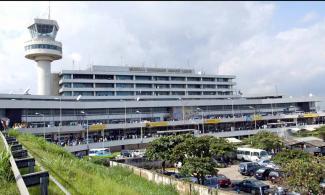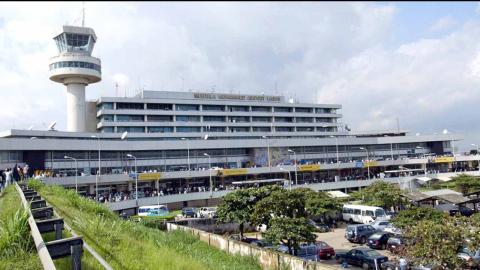
If Nigeria fails the FAA assessment, which will run from Monday, August 21, till Friday, August 25, Nigerian carriers would be prohibited from operating direct flights into the United States.
As the Nigerian aviation sector prepares for Monday’s audit by the American Federal Aviation Administration (FAA), the National Association of Aircraft Pilots and Engineers (NAAPE) has raised concerns that it could fail the exercise.
The NAAPE observed that the Nigerian Civil Aviation Authority (NCAA) and the Accident Investigation Bureau (AIB), the two major organizations that will be assessed by the FAA, lack the technical personnel for the country to pass the audit.
In a statement by its president, Abednego Galadima, the union said that poor conditions of service (CoS) to safety inspectors and investigators by the two organizations have prevented them from attracting, hiring or retaining qualified and experienced pilots and engineers.
If Nigeria fails the FAA assessment, which will run from Monday, August 21, till Friday, August 25, Nigerian carriers would be prohibited from operating direct flights into the United States.
At present, no Nigerian carrier flies directly to the US since Arik Air suspended its route earlier this year. Delta Air Lines, however, continues to operate flights from Atlanta to Lagos.
Our correspondent learned that Air Peace seeks to run direct flights between Nigeria and the US. This plan would be disrupted, however, if Nigeria fails the audit.
Speaking to journalists, Mr. Galadima explained that availability of adequate qualified technical personnel was Critical Element 4 of the International Civil Aviation Organization’s (ICAO) eight Critical Elements of a State’s Safety Oversight System, which both the NCAA and AIB lack.
Statistics reeled out by NAAPE indicated that other civil aviation organizations across the globe have attractive conditions of service to their inspectors and investigators, unlike their Nigerian counterparts with poor remunerations.
According to the union, inspectors in the FAA get a minimum of $179,700.00 per annum; United Kingdom Civil Aviation Authority (UKCAA), $170,500.00; Transport Canada, $175,600.00; and South African Civil Aviation Authority (SACAA) with $155,900.00 per annum.
Mr. Galadima also pointed out that Nigerian operators attract safety inspectors with higher remunerations than NCAA and AIB.
He explained, for instance, that Execujet Nigeria Limited pays at least N1.1 million per month to inspectors, while Aero Contractors attracts technical personnel with N1.5 million; Bristow Helicopters, N1.2 million; Caverton Helicopters, N1.5 million; Nest Oil Aviation, N2 million; and Dornier Aviation with N1.6 million per month.
Mr. Galadima warned that if the remuneration packages of the two agencies to technical personnel are not changed, Nigeria may not meet up with the required personnel for the country to consistently scale the hurdle of the FAA, which is carried out every three years.
“ICAO document 9734 on the Staffing Requirements in a State Civil Aviation System states that, ‘To effectively fulfill its responsibilities, the state civil aviation system must be properly organized and staffed with qualified personnel capable of accomplishing the required wide range of technical duties involved in safety oversight. Furthermore, they should also enjoy conditions of service and remuneration consistent with their education, technical knowledge and experience and comparable to the operator’s staff whose activities they will inspect and supervise.’
“Also, ICAO document 9756 Part 1 Manual of Aircraft Accident and Incident Investigation Chapter 2 section 2.4 reiterated the need for qualified, well trained and motivated personnel. The worldwide standard is for the CAA’s Inspector and Air Safety Investigator to earn more or, at the least, be at par in earning with the aviation technical staff in their states,” Mr. Galadima said.
He emphasized that India was unable to retain its Category One status in 2014 due to inadequate qualified inspectors because of poor remuneration, warning that if the NCAA and AIB were unable to attract qualified personnel, the India experience may be repeated in Nigeria.
Mr. Galadima therefore called on the Minister of Transport, Rotimi Amaechi, and Minister of State for Aviation, Hadi Sirika to direct the management of NCAA and AIB to improve remunerations to technical personnel in the two agencies.
It would be recalled that the NCAA, through its spokesman, Sam Adurogboye had assured that Nigeria would scale the hurdle of the visiting FAA team.
